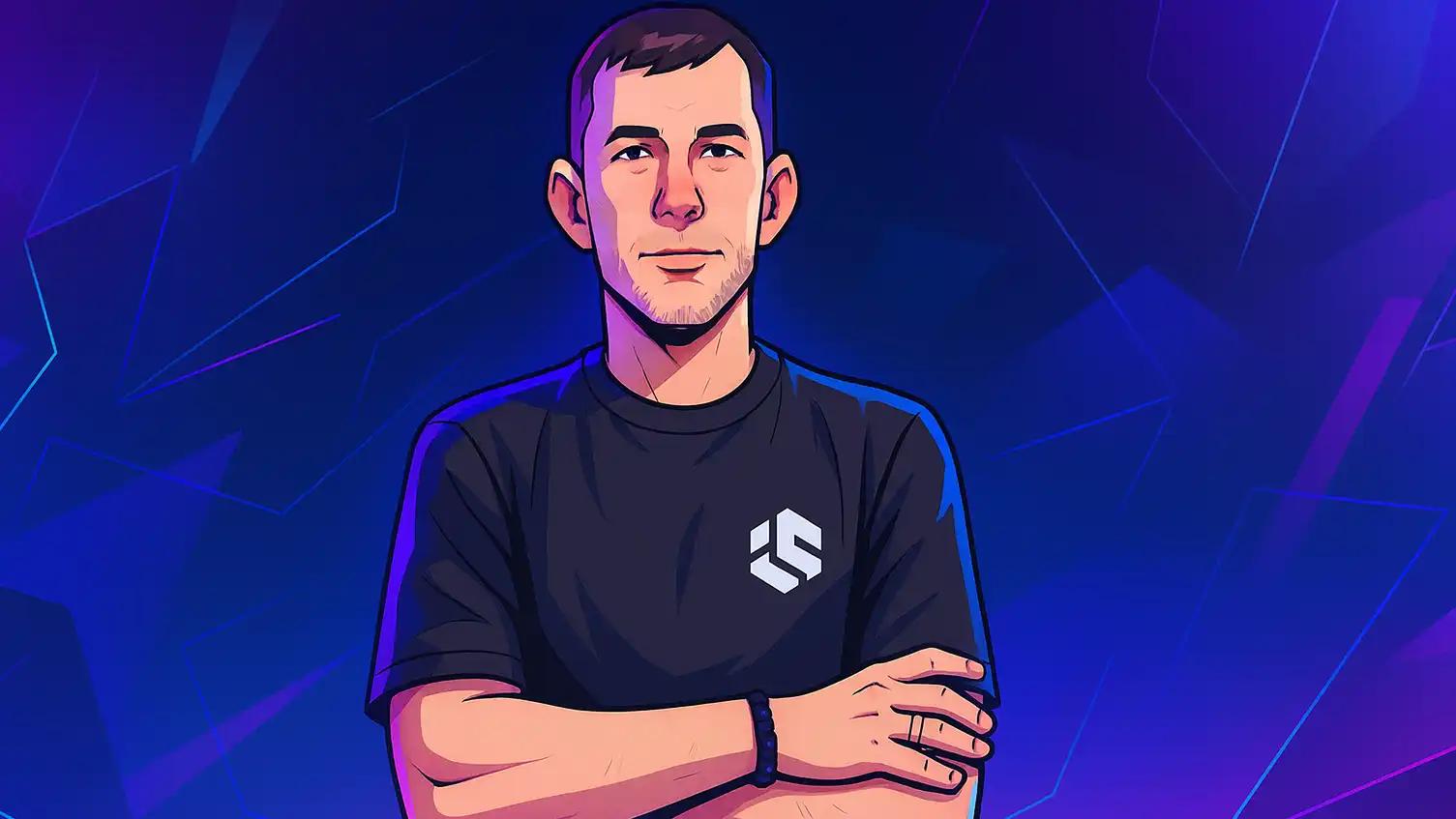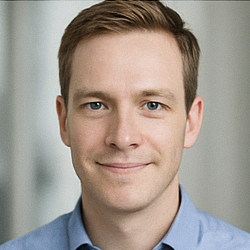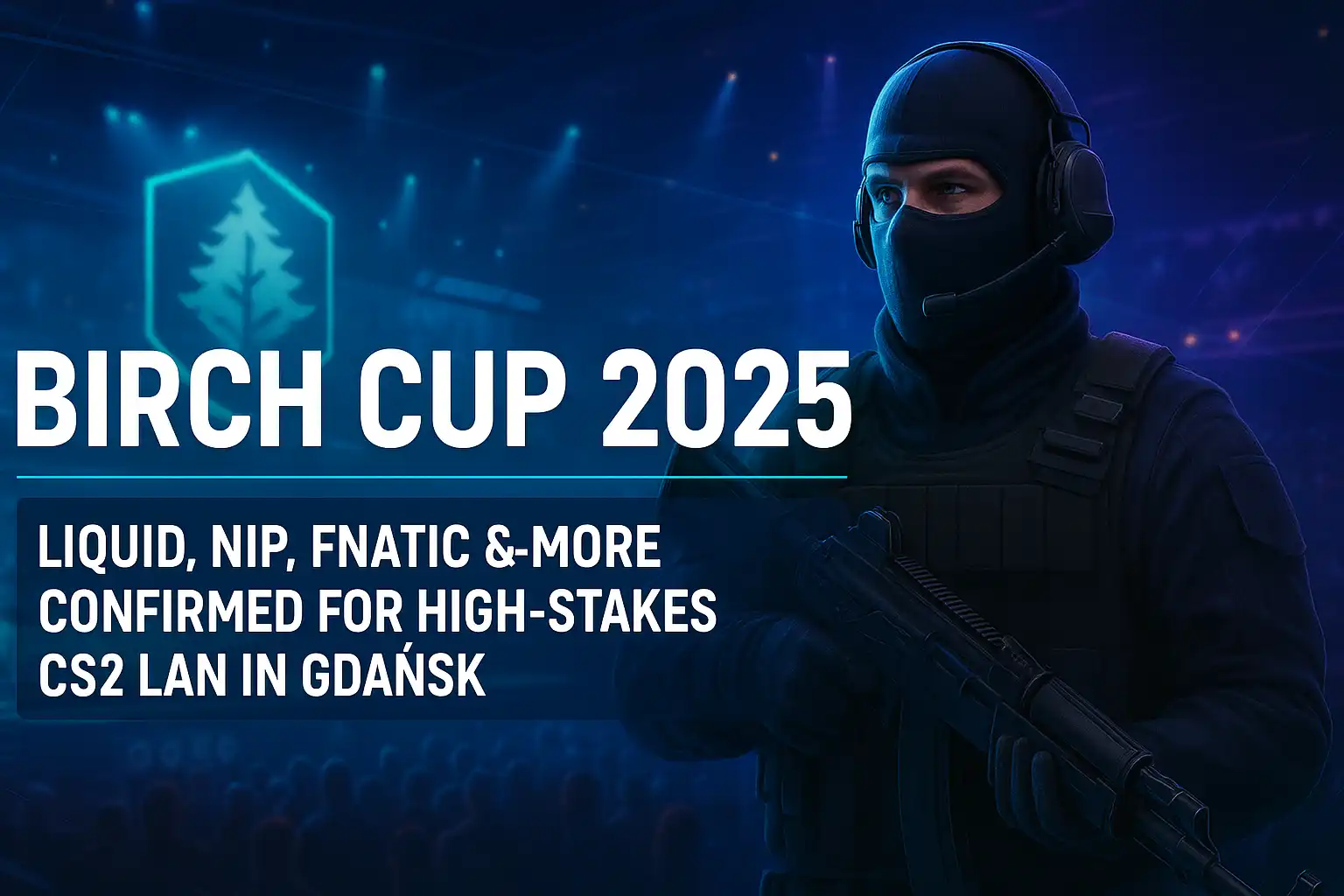“The main goal is developing the players and finding those talents, those gems. It’s pretty hard nowadays” — lmbt

“The main goal is developing the players and finding those talents, those gems. It’s pretty hard nowadays” — lmbt
Sergey “lmbt” Bezhanov, currently coaching MOUZ NXT, recently spoke in depth about his philosophy, the challenges of talent development, and what he hopes to achieve with his roster.
Early progress and realism
lmbt noted that his squad is still in a formative stage:
“The team started to work only one-and-a-half months ago and right now, in officials, we are giving fights to mediocre VRS teams, let’s say 50-100, every time, and we are beating some of those. Not only in pracs but in matches. It’s going well, despite the fact of a very short time that we had, I believe we have accomplished what we wanted to this point.”
He was candid about expectations:
“Considering that this is the second lineup for the organization, you can’t chase a Major spot. … You are not only building a lineup to sell it in the end … you are developing players. That’s the main goal.”
His view is that many academies end up being pipelines, not necessarily destined for instant competitive success.
On scouting and finding talent
One of the persistent struggles lmbt highlights is how much harder it is now to find raw talent:
“You never know if they will get a place in the main roster or go to some bigger team first … so the main goal is developing the players and finding those talents, those gems. It’s pretty hard nowadays … through FPL it doesn’t work like this anymore, and other academies exist, smaller teams exist … so it’s not that easy.”
He explained his approach:
“When you are in this scene you are always keeping an eye on the potential. You are watching all those 150 teams you are playing against, all this tier-two and three scene, you are watching it non-stop. These LANs, online events … you never know when you will lose a player in an academy team … so it’s a very interesting process.”
In short: scouting is a continuous, often unpredictable process.
Support and infrastructure
lmbt emphasized that his job goes beyond in-game strategy:
“The main goal is just to develop players and how it will end up for them, I don’t know, my main goal is to give knowledge to them and prepare them to be a professional overall. Even things such as interviews, everything is a first time for them … MOUZ is giving them all the facilities … club can get for them to become professionals. I think we are doing very good as a club for them.”
This speaks to the broader responsibilities a coach (and club) holds in guiding young players through the non-game aspects of a pro career.
Broader context & similar sentiments
While lmbt’s comments focus on his role in MOUZ NXT, similar themes have appeared elsewhere in recent CS coverage:
NBK- (guiding GenOne’s younger players) said:
“We try to make them autonomous … not necessarily giving them the solutions straight up, but have them think in a way of Counter-Strike that is more advanced than what they had before.”
TaZ, addressing growth over time, remarked:
“There is no time to grow without any results … this win was definitely important … players will start playing the way they can.”
These statements align with the idea that maturation, patience, and giving players space to develop are essential—though difficult—in the competitive scene.





